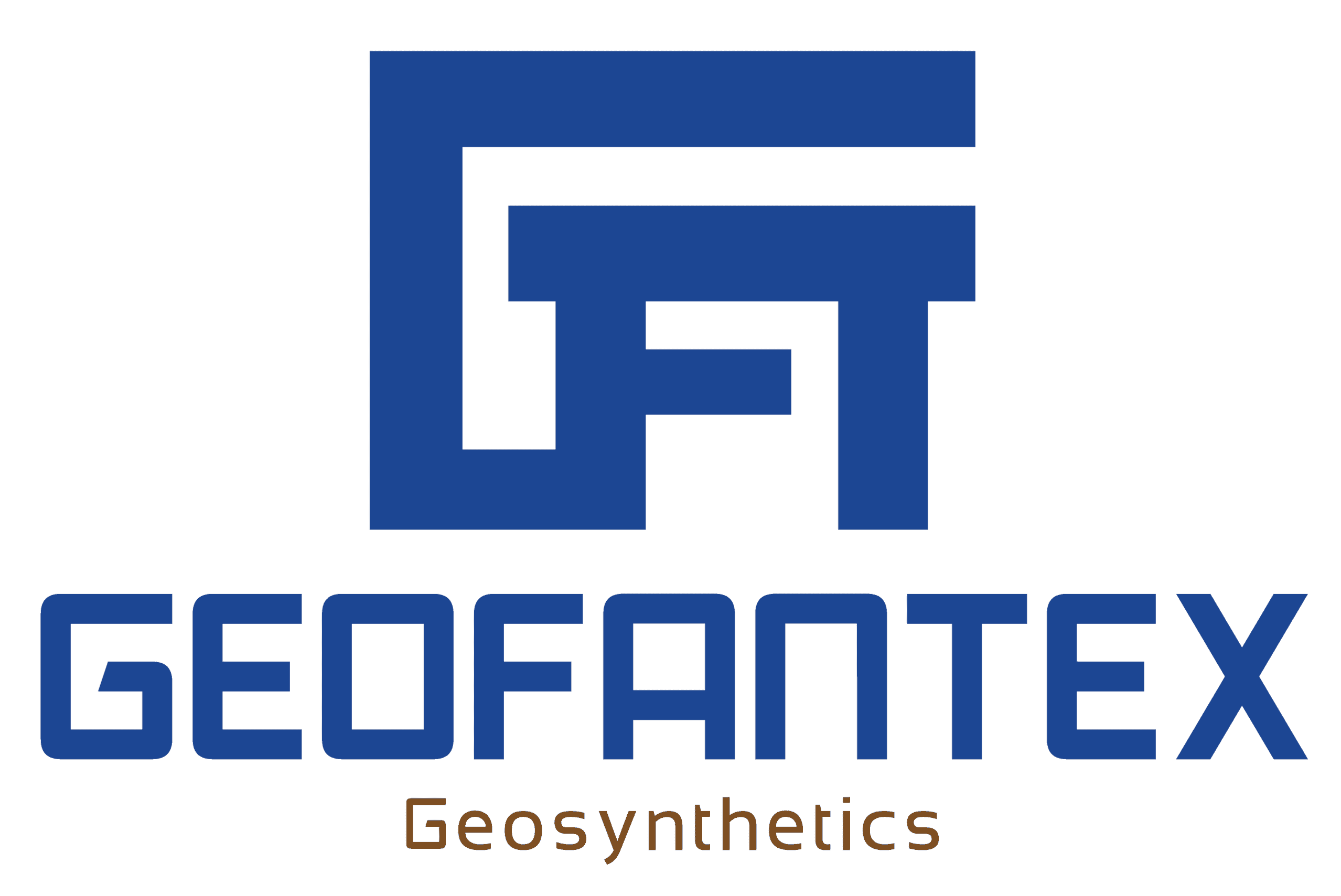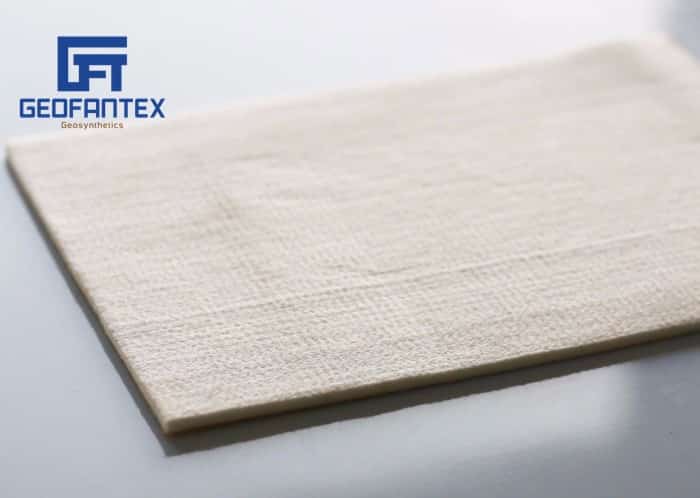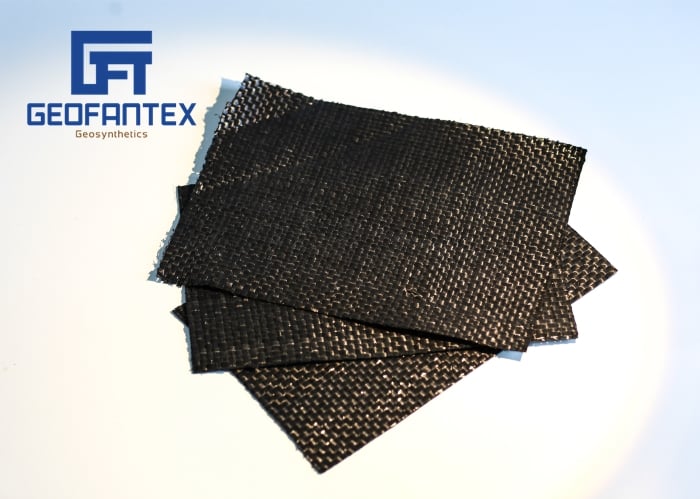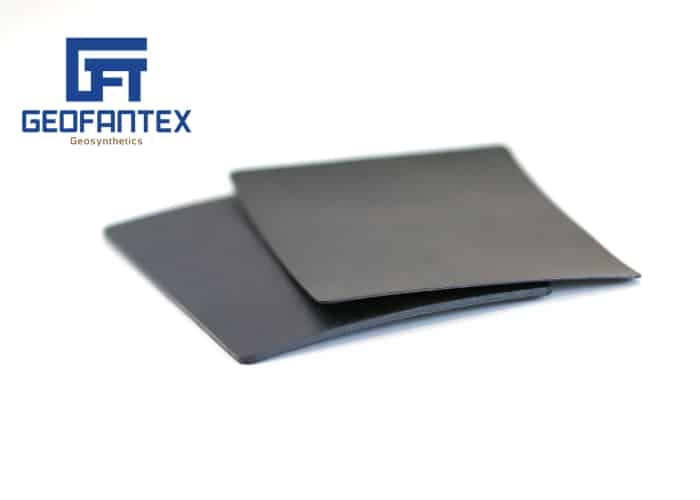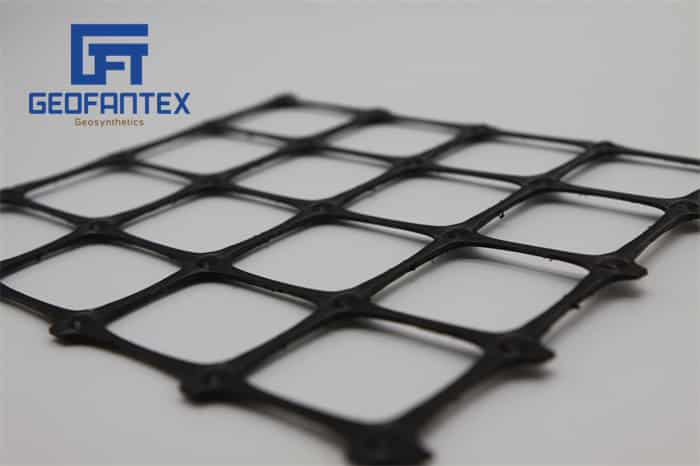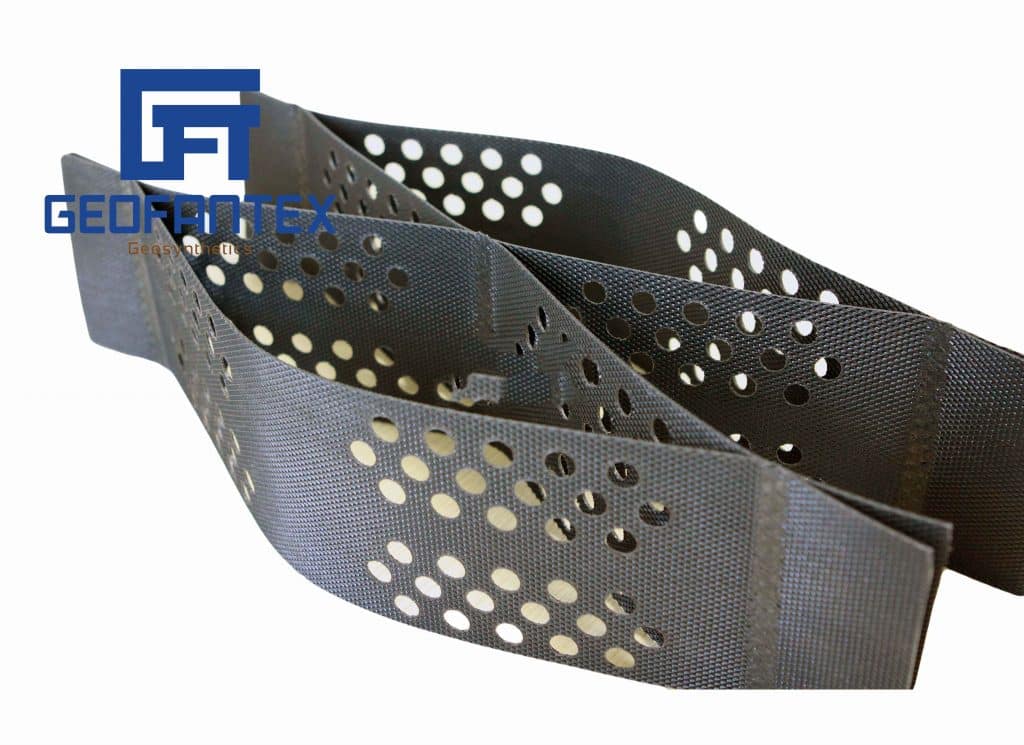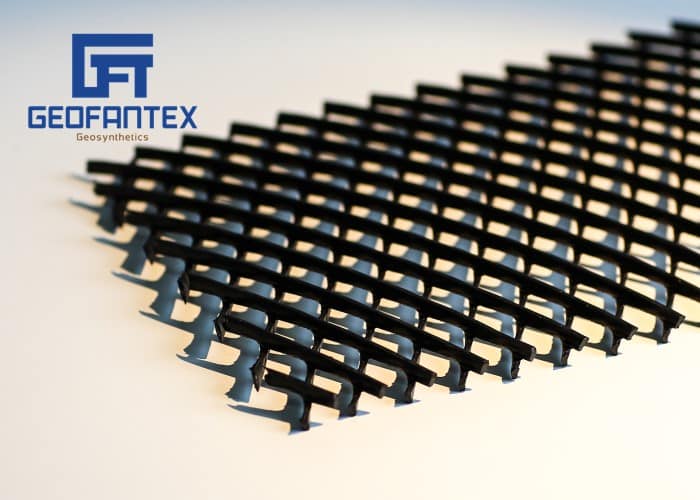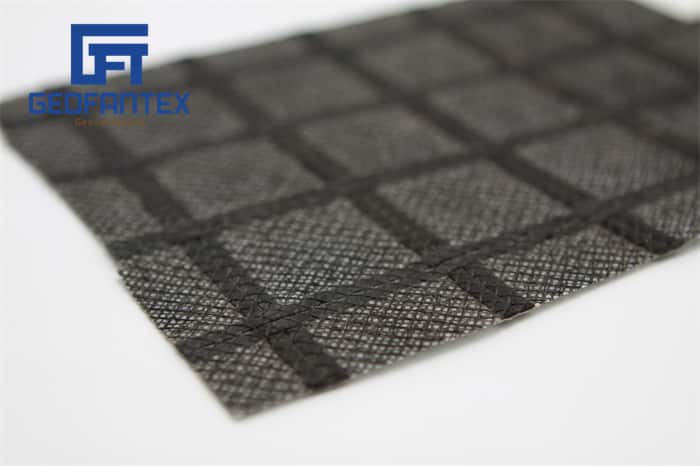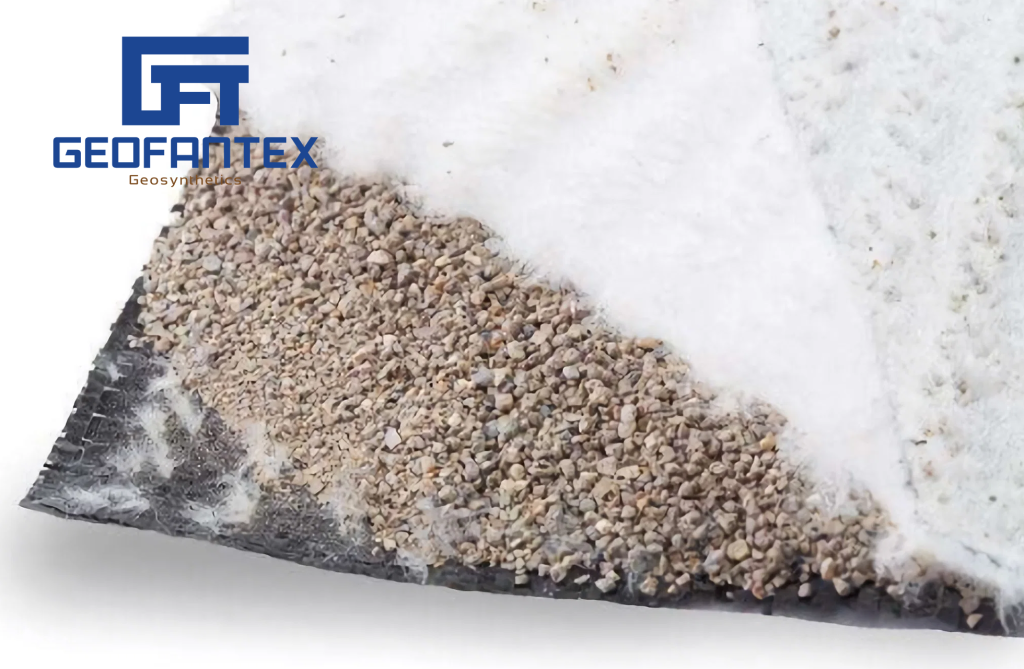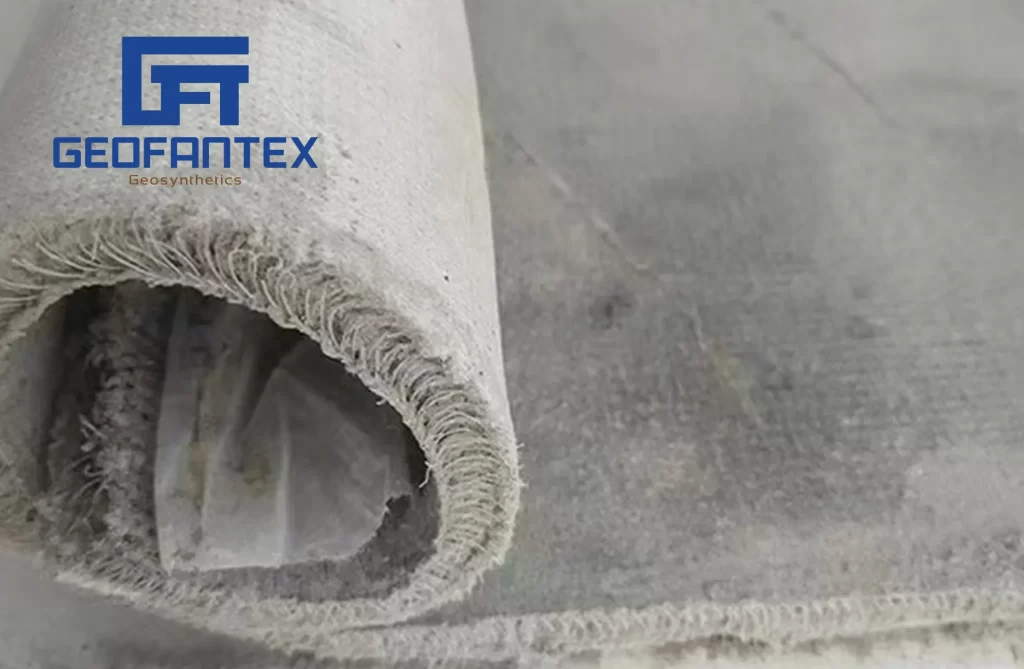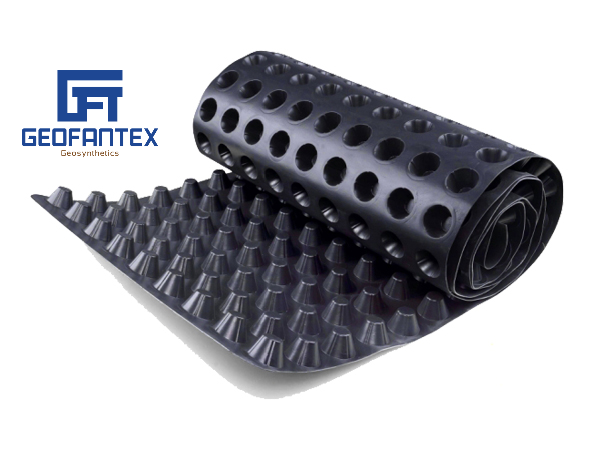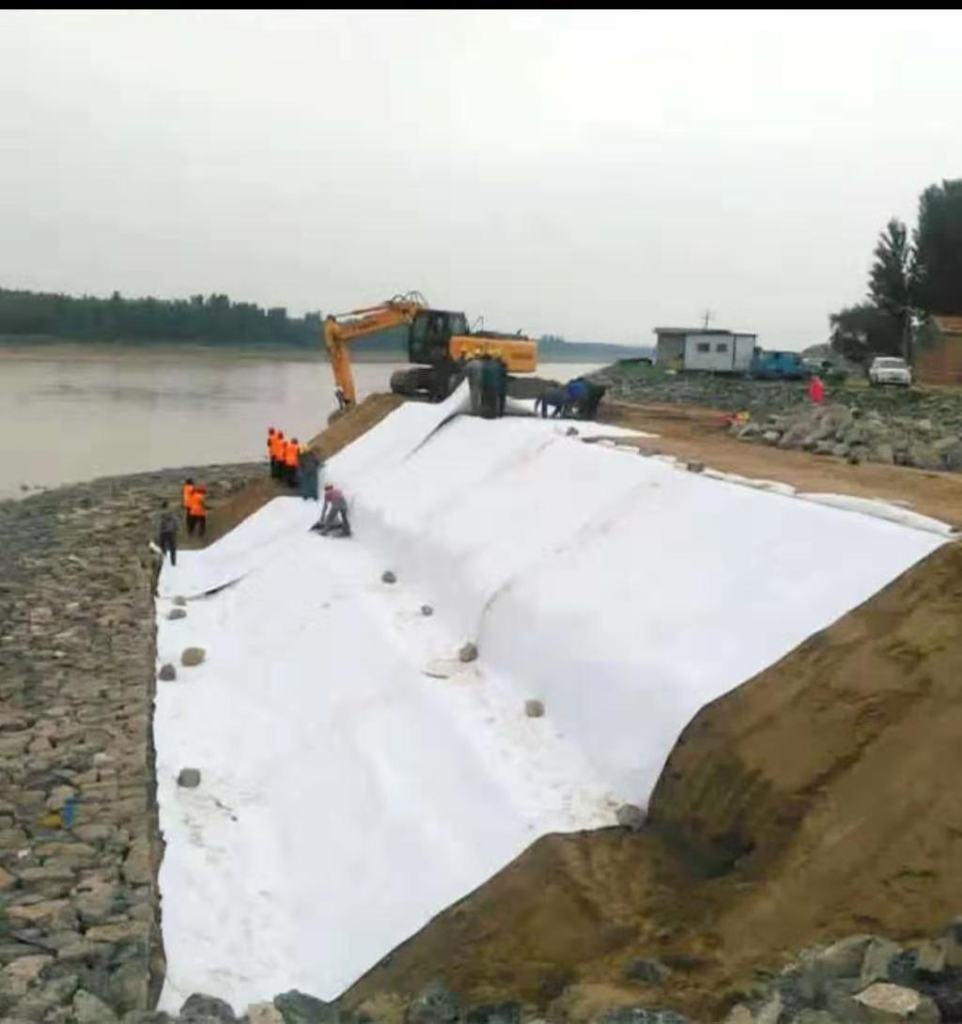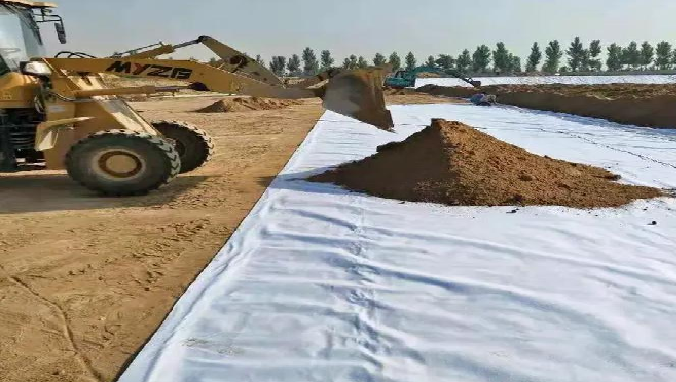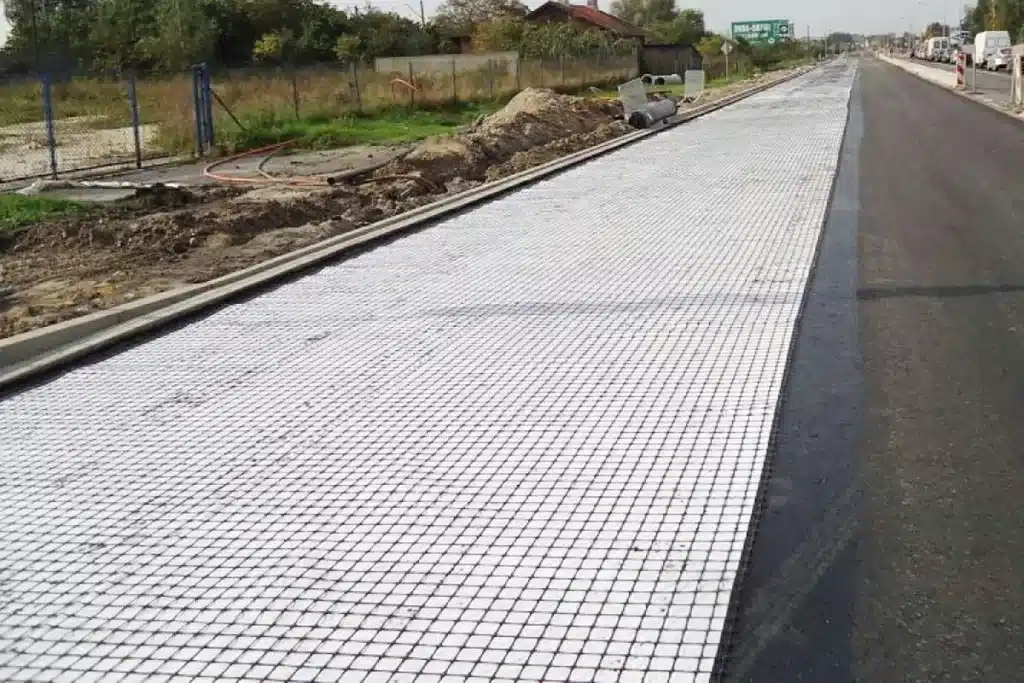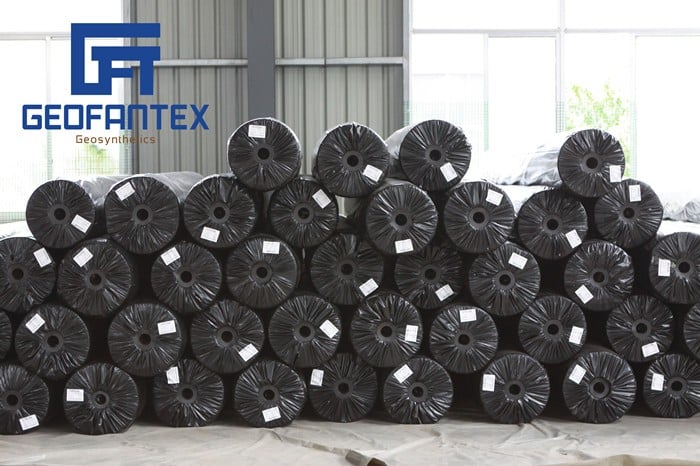
Geofantex Geosynthetics
At Geofantex, we specialize in high-quality geosynthetics. Our portfolio includes Geotextiles, Geogrids, Geocells, Geomembranes, Geonets, Concrete Blankets, Drainage Board B, Storage and Drainage Board, Grass Paver, etc., which are exported to various countries worldwide, such as New Zealand, Canada, South America, Southeast Asia, South Africa, and Africa. This has enabled us to establish a strong presence in the market and forge successful partnerships with several industry leaders.
BLOG
Get Free Sample
We’ll respond as soon as possible(within 12 hours)
